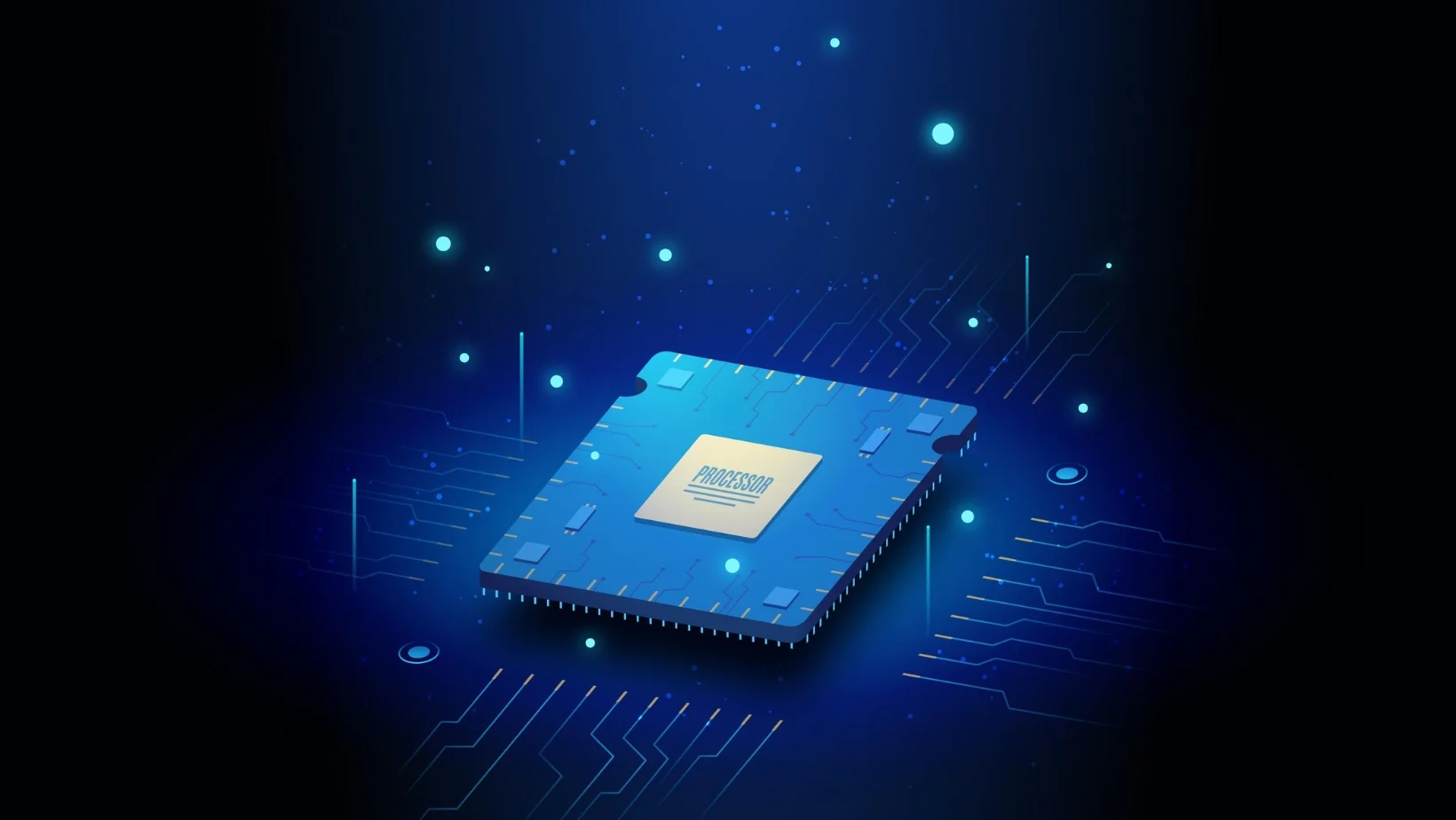China has developed the world’s fastest quantum computer

China has developed the world’s fastest quantum computer…
Already, companies such as IBM and D-Wave have added a quantum computer to China’s high-performance computing arsenal. It is capable of working 100 trillion times faster than the world’s fastest supercomputer.
A team from China’s Hefei University of Science and Technology claims to have developed a new quantum computer. They named the computer Xiushang. It will work 10 billion times faster than Google’s Quantum Sycamore. The journal Science published an article on this topic on December 3. If the Chinese team’s claims come true, Xiuzang will become the world’s second quantum computer.
India’s NDTV reported that China has invested heavily in quantum computing. The investment in the country’s National Laboratory for Quantum Information Science is about 10 billion dollars. According to the famous science portal Live Science, the country is now at the forefront of quantum computing. Researchers in China are able to send encoded data long distances using quantum mechanics.
Earlier, in 2019, tech giant Google claimed to build the world’s first quantum computer. They also claim that quantum computers will outperform even the most powerful supercomputers in terms of calculations. IBM, a popular computer manufacturer at that time, commented that Google’s claim was controversial.
What is a quantum computer?
A conventional computer cannot do certain tasks that a quantum computer can do. These complex mathematical operations require incredible speed. Achieving this speed is not possible in conventional supercomputers. It is possible to do these complex tasks easily with the help of a quantum computer by using quantum theory. Normal computers run on a binary bit system, using only 0’s and 1’s. Quantum computers use qubits instead of binary bits. In this way, the computer is able to deal with many possibilities of a problem simultaneously. From there it is not too late to give the correct account.
The Chinese-made quantum computer Xiuzang uses optical circuits to do all its calculations. On the other hand, Google’s quantum computer Sycomer uses superconductor chips. It is usually a system close to a traditional computer. The researchers used the Gaussian Boson Sampling (GBS) method to examine Xuezhang. In this method, the computer calculates the output of a complex circuit using light. The number of photons detected determines the computer’s success. Xiushang itself is an optical circuit. Xiuzang can detect a maximum of 76 photons as one. But so far it has detected an average of 43 photons each. It takes 200 seconds for each task. A similar task would take China’s fastest supercomputer Taihulight 2.5 billion years.
According to the Chinese news agency Xinhua, a general-purpose quantum computer has yet to arrive in China. It is certain that Jiuzhang is a big step forward.
The Chinese quantum computing architecture allows for five-photon sampling and entanglement. This improved speed by 24,000 times faster than previous experiments involving single-photon sourcing, the researchers claimed.
Chinese researchers have developed the necessary components for boson sampling, which has long been theorized and is considered an easy way to build quantum computers. The architecture developed by the Chinese may include large amounts of photons that increase the speed and scale of computing.
China is strengthening its technology arsenal in an effort to become self-reliant. China’s homegrown chip powers the Taihu Lite, the world’s fastest computer.
In 2014, China said it would spend US$150 billion to develop semiconductors to transform PCs and mobile devices into homegrown chips. Fearing that low-cost Chinese chips would flood the market, the US earlier this year accused China of rigging the semiconductor market to its advantage.
It is not yet clear whether quantum computers are in China’s national program. But China’s rapid technological advances have countries such as the United States worried that a superfast quantum computer could boost the country’s progress in areas such as weapons development, where high-performance computers are key. However, China has a long way to go before building its first full-fledged quantum computer. Prototype quantum computers are good for specific uses, but no universal quantum computer has been designed that can perform any task.
The research behind quantum computers is gaining steam as PCs and servers reach their limits. It’s getting harder to shrink chips into smaller geometries, which could upset the cycle of reducing computer costs while increasing speed. If they deliver on their promise, quantum computers will drive computing in the future. They are fundamentally different from the computers used today.
While today’s computers are stored as bits or zeros, quantum computers rely on qubits, also called quantum bits. Qubits can simultaneously acquire different states, including ones and zeros, and multiply those states by multiples.
Parallelism allows qubits to perform more computations simultaneously. However, qubits can easily break apart when entangled, a technical term for when qubits interact. A breakdown can cause instability in a computing process.
A Chinese quantum computer has a photon device based on quantum dots, demultiplexers, photonic circuits and detectors.
There are multiple ways to build quantum computers with superconducting qubits, which are the building blocks for D-wave systems. The Chinese system and the D-wave quantum annealing method are two simple ways to build a quantum computer, but they are not considered ideal for universal quantum computers. IBM already has a 5-qubit quantum computer.